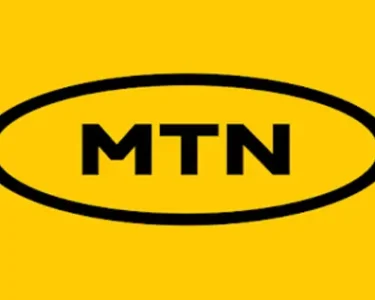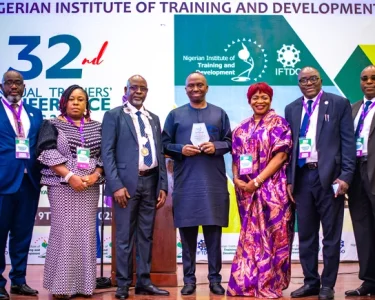The Ministry of Communications, Innovation, and Digital Economy has established the National Broadband Alliance for Nigeria (NBAN) to encourage collaboration in broadband development and adoption, as well as to position Nigeria at the forefront of the global digital economy.
Dr. Bosun Tijani, Nigeria’s Minister of Communications, Innovation, and Digital Economy, announced the project on Sunday in a lengthy report posted to his LinkedIn account.
According to him, the ministry’s focus for strengthening Nigeria’s digital economy is primarily driven by connectivity, as evidenced by the infrastructure pillar of the ministry’s Strategic Blueprint.
In response to the idea, the Minister announced that “the National Broadband Alliance for Nigeria will play a concerted effort to achieve universal broadband access across the nation.”
Recognising the importance of broadband in economic development, Bosun stated that the alliance will bring together key stakeholders from the public and private sectors, as well as civil society, to collaborate on developing long-term business models for driving internet adoption and consumption in critical public institutions across the country (schools, hospitals, government offices, libraries, and markets, among others).
According to Bosun, the partnership would also promote digital inclusion and awareness to ensure that all segments of society participate in the digital economy and reap the benefits of broadband access.
The minister indicated that the project will launch in seven states by the end of the first quarter of 2024.
The minister added that the alliance will support the implementation of a new national fibre rollout, which has many beneficial implications for vital sectors of the Nigerian economy.
According to him, a national fibre optic rollout will bridge the geographical gap by connecting remote communities and schools to the internet, improve healthcare access, promote financial inclusion, foster the growth of online businesses, e-commerce platforms, and digital services, create new job opportunities and entrepreneurial ventures, and strengthen governance and transparency.
ITWEB




